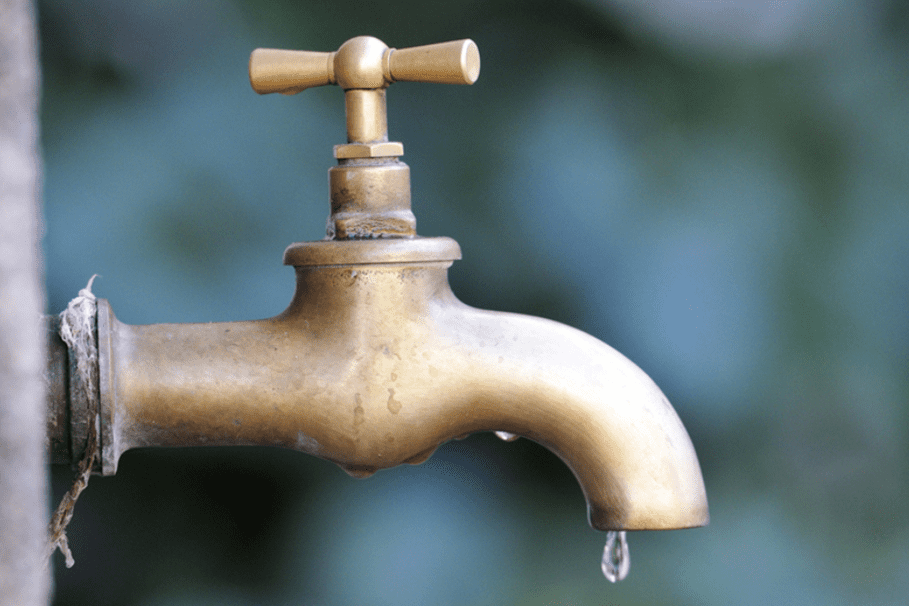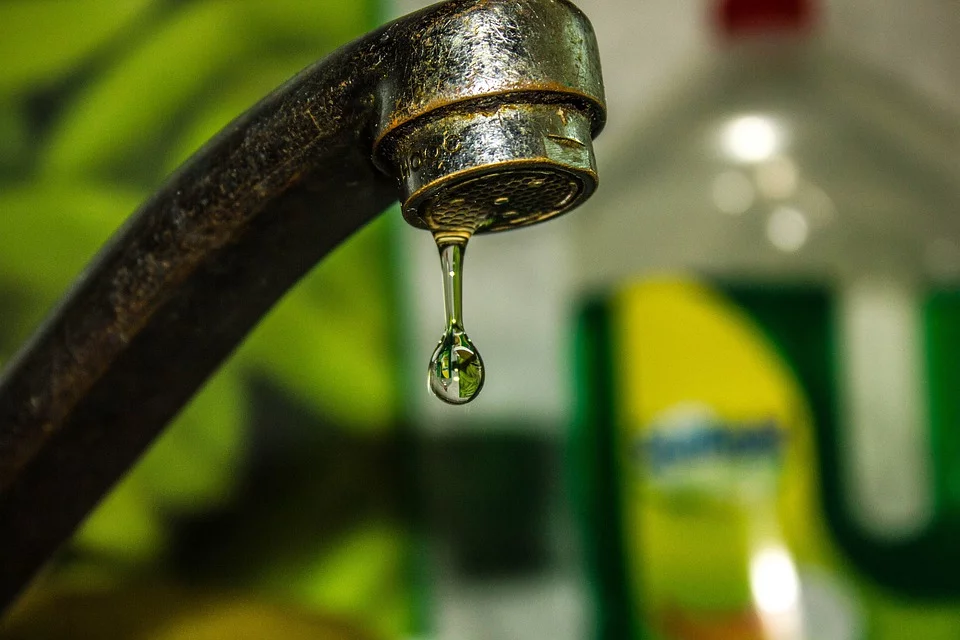Crucial Winterizing Tips: How to Keep Your Pipes Safe from Bursting in Frigid Temperatures
Crucial Winterizing Tips: How to Keep Your Pipes Safe from Bursting in Frigid Temperatures
Blog Article
Just how do you really feel on the subject of How to stop pipes from freezing during the winter?

All homeowners that live in temperate environments must do their finest to winterize their pipelines. Failing to do so can mean calamity like frozen, fractured, or burst pipes.
Attempt a Hair Dryer or Warm Weapon
When your pipes are almost freezing, your reliable hair dryer or heat gun is a godsend. If the hot towels do not assist remove any type of clearing up ice in your pipelines, bowling warm air straight right into them might assist. You might end up destructive your pipelines while trying to thaw the ice.
Open Up Cupboard Doors Hiding Plumbing
When it's chilly outside, it would certainly be valuable to open closet doors that are masking your pipes. Doing this small method can maintain your pipelines warm and also restrict the potentially unsafe results of freezing temperatures.
Take Time to Cover Exposed Water Lines
One clever and very easy hack to heat up icy pipes is to cover them with warm towels. You can cover them initially with towels. After protecting them in place, you can pour boiling water on the towels. Do it gradually to let the towels soak up the liquid. You can additionally utilize pre-soaked towels in hot water, just don't neglect to use safety gloves to safeguard your hands from the warmth.
Activate the Faucets
When the temperature declines and it appears as if the frigid temperature level will last, it will certainly aid to turn on your water both inside and outdoors. This will keep the water streaming with your plumbing systems. Additionally, the activity will decrease the cold process. Notably, there's no requirement to transform it on full force. You'll end up losing gallons of water in this manner. Instead, go for about 5 decreases per min.
Shut down Water When Pipelines are Frozen
Shut off the primary water shutoff immediately if you discover that your pipes are totally frozen or practically nearing that stage. You will normally locate this in your cellar or laundry room near the heater or the front wall closest to the street. Turn it off as soon as possible to stop more damages.
With more water, even more ice will pile up, which will at some point lead to rupture pipes. If you are unclear regarding the state of your pipes this winter, it is best to call a specialist plumber for an assessment.
All property owners who live in pleasant environments must do their ideal to winterize their pipelines. Failing to do so can spell disaster like icy, fractured, or burst pipes. If the warm towels do not help displace any type of settling ice in your pipelines, bowling hot air straight into them might assist. Transform off the primary water shutoff immediately if you see that your pipes are entirely frozen or virtually nearing that stage. With more water, more ice will load up, which will eventually lead to break pipes.
How to Prevent Frozen Pipes This Winter: A Simple Guide
Have you ever dealt with frozen pipes in the winter? If so, you know what a pain they can be. When water freezes, it expands. This expansion puts a huge amount of pressure on your pipes and it can cause pipes to burst, making a huge mess of your home.
If they don’t burst, they may crack. This is a less noticeable problem, but it’s still a big deal. As water leaks, your home will accumulate moisture which leads to mold and mildew.
Do you know how to prevent frozen pipes to protect your home? Let’s talk about it. Keep reading for our brief guide for avoiding frozen pipes.
Keep Cabinet Doors Open
When it gets too cold outside it’s a good idea to leave the cabinet doors in your bathroom and kitchen open.
Why is that?
You want as much heat as possible to get to the pipes. The cabinets are dark and cold and they don’t get any air circulation. This makes the pipes more likely to freeze.
When you let the warm air from the rest of the house circulate around the pipes, it keeps them safe.
Apply Heat Tape and Insulation
It’s a good idea to insulate your pipes during the winter. There are several ways to do this on your own.
You can buy pipe insulators. They’re easy to attach to your pipes and easy to remove when the water gets warmer. They look like thick foam and they keep your pipes warm enough to not burst.
You can also apply heat tape (or insulation tape). These are self-adhesive so they’re easy to place and remove as well.
Know When to Call a Plumber
So what if you’ve already done these things but you’re still unsure if it’s enough? What if your pipes have already cracked or burst?
This is when it’s time to contact a plumbing professional.
They know how to prevent frozen pipes and manage pipes that are already frozen before they pose a problem. In the event of a cracked pipe, they can fix that as well.
https://www.mcwilliamsandson.com/blogs/how-to-prevent-frozen-pipes-this-winter-a-simple-guide

I hope you enjoyed reading our topic about How to Prevent Frozen Pipes. Thanks for taking time to browse our blog post. So long as you enjoyed reading our page kindly make sure you remember to pass it around. Thanks a lot for your time. Don't hesitate to check our site back soon.
Customer Reviews Report this page